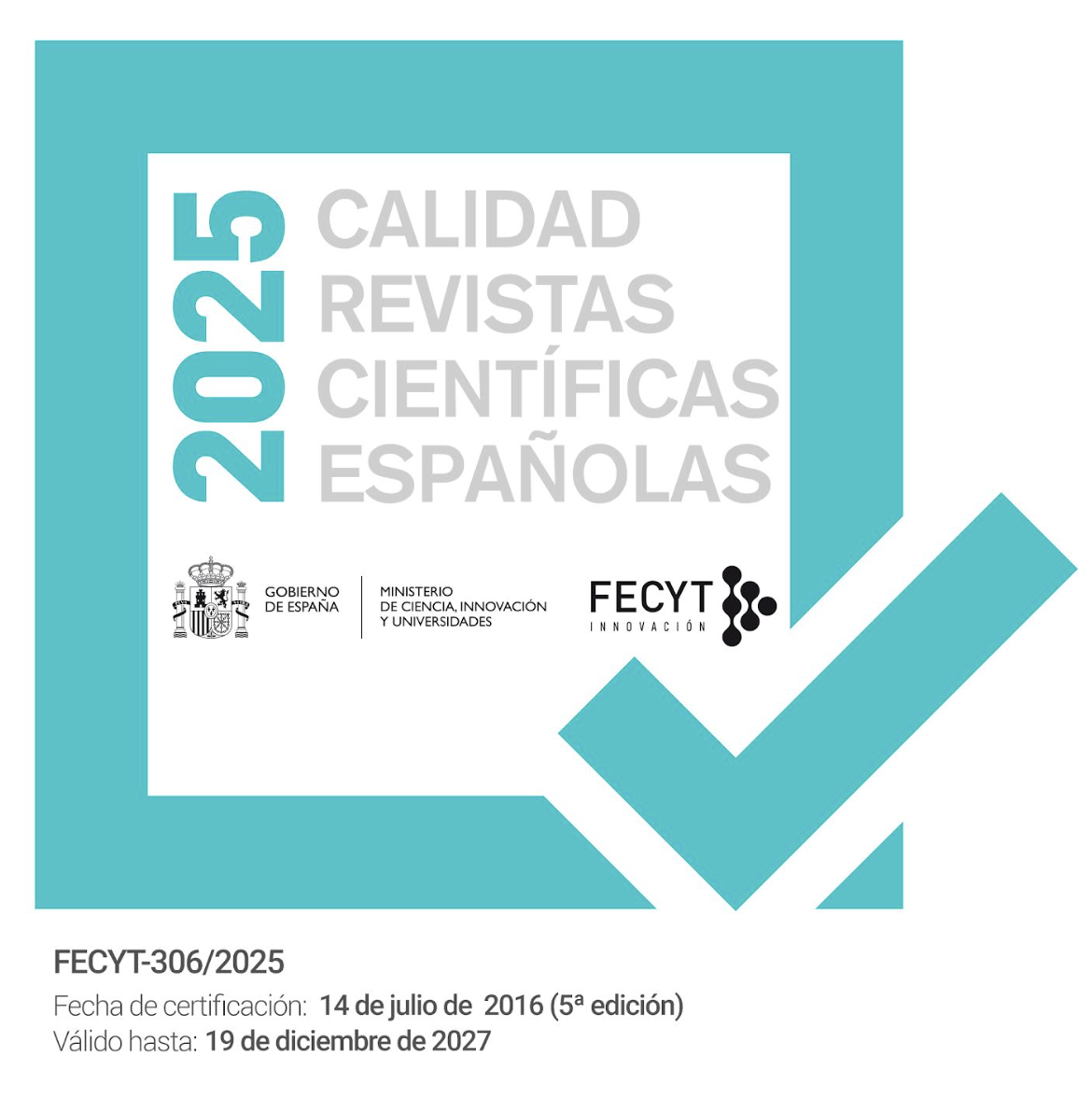Parental leave and beyond: some reflections on 30 years of international networking
DOI:
https://doi.org/10.22325/fes/res.2018.31Keywords:
Parental leave, work-life relations, gender equality, lifecourseAbstract
The article starts by introducing the international network on leave policies and research. Based on the author’s experience of coordinating and working with this network, including the production of an annual review that now includes 40 countries, the remainder of the article considers some current issues in leave policy and some future possible directions for policy and research. The issues include the place of leave in wider ‘reconciliation’ and ‘equality’ policies; the design of leave policies; the inadequate state of statistics on leave policies; and the voice of the child in formulating leave policies. While there are many possible directions for future development, this article discusses moving from the current narrow focus on early parenthood to a broader lifecourse model.
Downloads
Published
How to Cite
Issue
Section
License
• The transfer of the copyright of the article to Revista Española de Sociología.
• The assignment to the Revista Española de Sociología of the rights of commercial exploitation of the article to third parties both in the offset and digital formats, as well as to the search engines and platforms that may serve as intermediaries for the sale or knowledge of the article.



